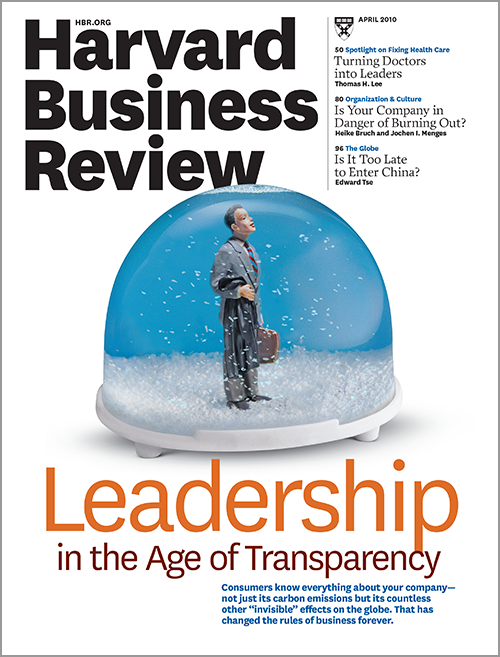The Possibilities and Perils of Emerging Markets
Post on: 8 Июнь, 2015 No Comment

The possibilities and perils of emerging markets
Journal Reports
Emerging markets are home to more than 70% of the world’s population (over four times that of developed markets), 46% of its land mass (twice that of developed markets), and 31% of its GDP (half that of developed markets), according to Credit Suisse’s Global Investment Year Book 2010. And, taken as a group, their economic growth has been much faster than in developed markets.
In fact, the words emerging, developing and frontier are becoming increasingly inaccurate when applied to these markets.
The profits of top western multinationals in sectors like consumer goods, banking and manufacturing are now enjoying their fastest growth in emerging markets. Some companies like, for example, Axa, the French insurance and wealth management group, have a stated strategy of reducing their presence in developed markets in order that they can focus more on emerging economies.
Who Are You Calling Risky?
Jerome Booth, head of research at Ashmore Investment, a UK-based emerging market fund, says: People used to think emerging markets were far riskier than developed markets. But the credit crunch has shown that western markets are just as risky, and just as exposed to risks like weak corporate governance and political interference.
ENLARGE
Bill Buswell
Nonetheless, companies investing in emerging markets, especially in riskier ‘frontier markets’ in Africa, the Middle East and the former Soviet Union, should expect to negotiate particular issues, including weak property rights and legal regimes, high levels of corruption, political instability and potential terrorism, and markets with weak infrastructure and high levels of bureaucracy.
Corruption levels are perceived to be far higher in emerging markets than in developed markets, according to the NGO Transparency International. Investing in a country where bribing officials is the norm presents foreign companies with a choice: Either go along with the local ‘rules of the game’, or try to introduce their home market’s ways of doing business.
No western manager would freely admit to bribing local officials. But many do, because it speeds up lengthy bureaucratic processes, wins contracts, builds relationships, and allows them to compete on a level playing field with local rivals who have less scruples about bribing.
And yet the risks of bribing are high, and rising. Bribes can be a way of short-cutting bureaucratic hurdles. But that can expose your investment to political interference in the future, says Sam Eastwood, head of the business ethics and anti-corruption group at Norton Rose.
He says: Your investment needs to be made in strict accordance with local law, because, to the extent it’s not, it’s easily open to later challenges from governments or bureaucrats looking to misappropriate your assets.
Making bribes in far-off countries can also come back to haunt you in your home market. Rob Mitchell, director of World Check, a due diligence specialist, says: There’s been more fines made under western anti-corruption legislation — like the Foreign and Corrupt Practice Act — in the first six months of 2010 than in any year before. The total amount of such fines rises every year.
ENLARGE
To take one example, the U.S. government has so far fined multinationals a total of $1.3bn for bribery in connection with one project: The Bonny Island liquefied natural gas project in Nigeria. And the scandal has also damaged the reputation of Halliburton, ENI. Saipem, and the other multinationals fined for giving bribes.
Another risk corporates often encounter in frontier markets is political risk: The possibility that your investment will be attacked or expropriated by local government officials, that your local business partners will fall out with the local government, or that your investment is affected by terrorism or the threat of war.
Frontier markets are often associated with sudden and violent changes in government. These can lead to ownership rights suddenly being called into question. Michael Denison, research director at Control Risks, a risk consultant, says: In many emerging market states, the institutionalization of politics is quite weak, which allows ruling elites to gather a great deal of power and patronage. That means that leadership successions can be crisis points, because the new elite wants to carve up the economy and construct its own patronage network.
When a new government was elected in the Democratic Republic of Congo in 2006, it quickly reviewed the major mining contracts signed by the previous government, and revoked the license of one foreign firm, First Quantum of Canada.
First Quantum has responded by taking the DRC to court, and winning, at the International Chamber of Commerce. It has also sought the support of the Canadian government, which has tried to block funds from the World Bank and IMF flowing to the DRC until the matter is settled.
Mr. Eastwood of Norton Rose says: The protection afforded by international law and international treaties can be useful for corporates looking to protect themselves from local political regimes. They reduce the options for rogue governments.
ENLARGE

Having your government defending your interests can make business easier, if your host government has good relations with it. However, being closely affiliated with your own government can also backfire, if the regime in the host nation falls out with it.
Mr. Denison of Control Risks says: Uzbekistan is a classic frontier market — it has a closed economy, a very strong security service, and a very challenging operating environment for foreign corporates. But it also has opportunities, particularly in the mining sectors. One American corporate, Newmont Mining. managed to do business there, partly on the strength of Uzbekistan’s relationship with the U.S. government. But as soon as that relationship soured, its days in Uzbekistan were numbered.
The risk of foreign policy shifts affecting your investment has been highlighted in recent weeks by the U.S. government’s imposition of commercial sanctions on Iran, which has left many European companies facing a tough decision as to whether to continue operating there.
Mr. Mitchell of World Check says: The Iran situation is extremely sensitive at the moment, particularly for energy companies. We’re actively helping them ensure they’re not breaking U.S. sanctions.
Daring Strategies
Besides the political risk, the corruption risk, the legal risk and the risk of war and terrorism, companies operating in emerging markets have to face more basic challenges, like making sure their products reach consumers in an environment with weak transport infrastructure.
Some foreign firms cope with this by concentrating on more developed urban areas and the upper segments of the consumer base. But more daring companies have found innovative ways to respond.
Unilever has made good returns in Asian markets by reaching lower-income rural consumers through, for example, delivering products to villagers by motorbike in Indonesia, and training local women’s self-help groups to distribute their products in India.
The most successful emerging market investors say the key to mitigating risks and maximizing opportunities is a local presence and a lot of patience and hard-work. Liam Halligan, chief economist at Prosperity Capital Management, a Russia-focused fund manager, says: You need to have people on the ground, who specialize in that market and build local relationships. You have to roll up your sleeves and spend a lot of time on due diligence. You need a team that balances local and international talent. And you need to work hard.
Prosperity has had its fair share of legal disputes over investor rights abuses in Russia, but still managed the best performing funds in the world by returns over the last decade. Proof of the opportunities that lie in emerging markets, for those with the determination to find them.
Mr. Evans is a writer based in London and former editor of Emerging Markets. He can be reached at reports@wsj.com .














